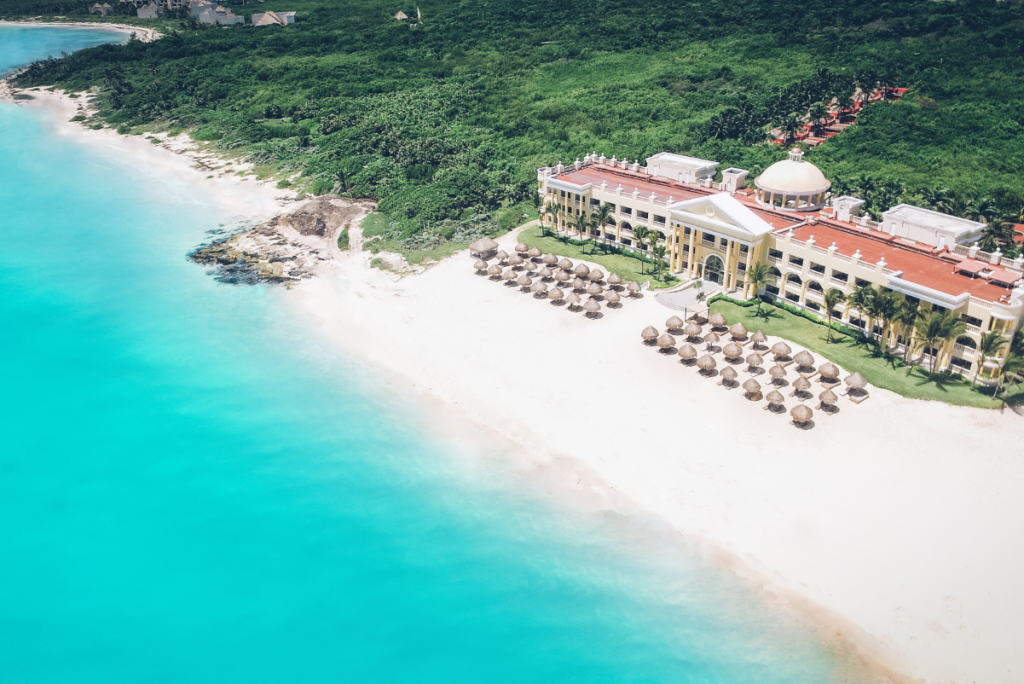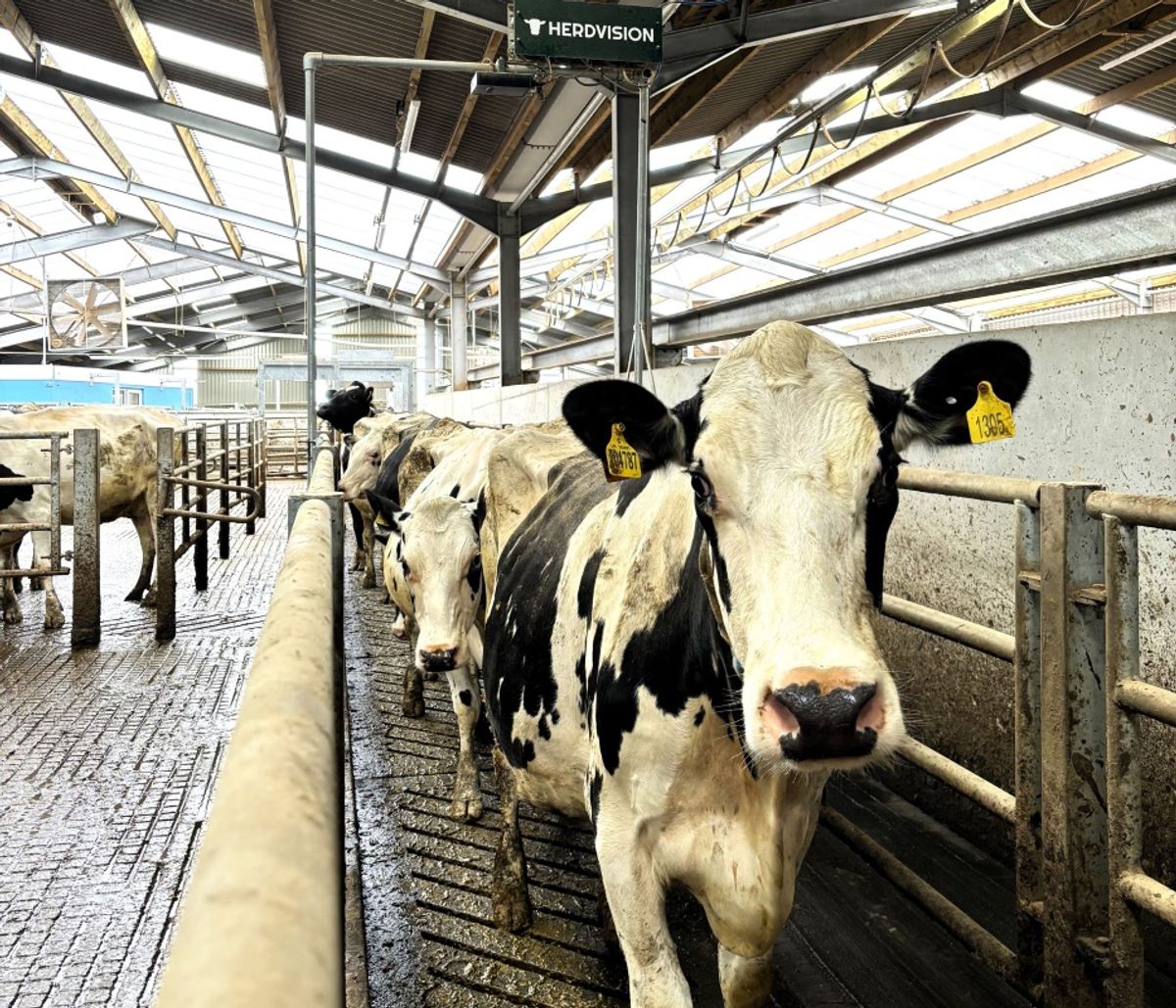Summary
Iberostar highlights climate change as the top threat to tourism. Discover their efforts to combat this urgent issue.
Source: Skift

AI News Q&A (Free Content)
Q1: What role does Iberostar see climate change playing in the future of the tourism industry?
A1: Iberostar identifies climate change as the primary threat to the tourism industry, emphasizing the urgent need for sustainable practices to mitigate its impacts. The company is actively working to address this issue by implementing eco-friendly policies and engaging stakeholders in climate action initiatives.
Q2: How is EarthCheck contributing to sustainable tourism practices?
A2: EarthCheck provides benchmarking, certification, and advisory services focused on sustainability in the tourism sector. Their EarthCheck Certified program operates in over 70 countries, helping tourism businesses achieve sustainable outcomes by promoting extensive scientific expertise and innovation.
Q3: What are the findings of the study on low-carbon tourism development in the Yellow River Basin?
A3: The study highlights that the tourism industry in the Yellow River Basin is experiencing growth in low-carbon tourism, although it is still in its early stages. The research shows a strong interaction between tourism carbon dioxide emissions and the economy, indicating mutual promotion and increased total factor productivity from 2000 to 2019.
Q4: What sustainable practices are being implemented in Maldives' luxury resorts?
A4: Maldives' luxury resorts are adopting sustainable tourism practices based on the triple bottom line approach and 12 major Sustainable Tourism Principles. These practices include enforcing environmental regulations, waste management improvements, and promoting local agriculture to enhance sustainability.
Q5: What is the significance of sustainable tourism according to the United Nations World Tourism Organization?
A5: The UNWTO emphasizes sustainable tourism as a key component of the Sustainable Development Goals, particularly SDG 8 (decent work and economic growth), SDG 12 (responsible consumption and production), and SDG 14 (life below water). Sustainable tourism aims to minimize negative environmental and social impacts while promoting economic growth.
Q6: How does the georeferenced agent-based model help in understanding climate change impacts on Andorra's ski industry?
A6: The model analyzes the vulnerability of Andorran ski resorts to climate change, assessing the effectiveness of snowmaking as an adaptation strategy. It serves as a planning tool to aid stakeholders in developing sustainable adaptation strategies to address future climate variability.
Q7: What are the major challenges and solutions for achieving sustainable tourism in Cuba?
A7: Cuba faces challenges in balancing tourism growth with environmental protection. Solutions include promoting sustainable tourism practices, improving infrastructure, and engaging local communities in conservation efforts to ensure long-term sustainability and economic benefits.
References:
- EarthCheck, Wikipedia
- Assessment of low-carbon tourism development from multi-aspect analysis: A case study of the Yellow River Basin, China
- Implementing Sustainable Tourism practices in luxury resorts of Maldives: Sustainability principles & Tripple Bottomline Approach
- Sustainable tourism, Wikipedia
- A georeferenced Agent-Based Model to analyze the climate change impacts on the Andorra winter tourism
- Tourism, Wikipedia





